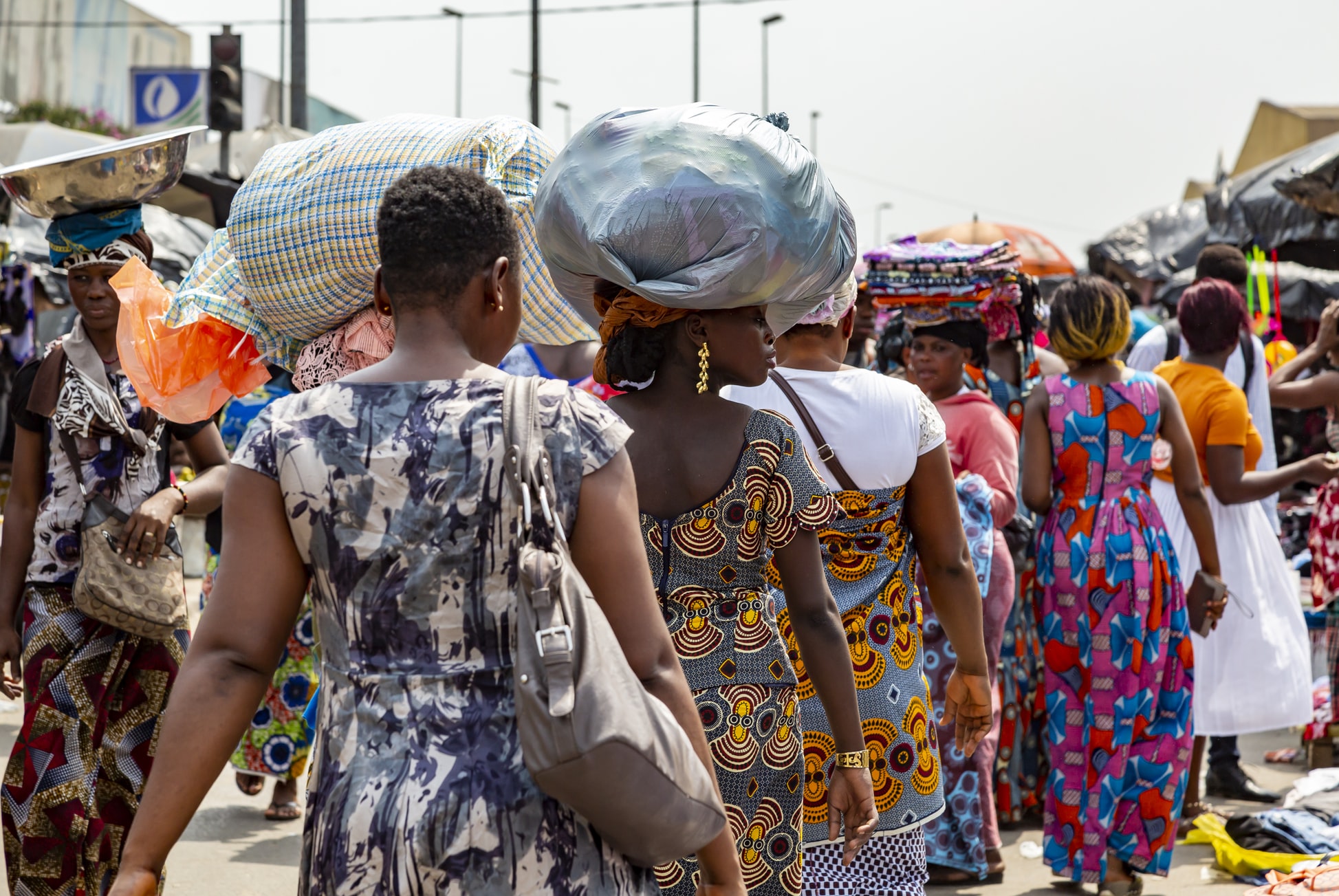Coca-Cola and Cafemol: On Being a Zambian Woman
Coca-Cola and Cafemol: On Being a Zambian Woman
I was twenty years old when I needed my first emergency contraception. It wasn’t up to the man I was with, to purchase the contraception, he provided the money and left me in front of the chemist and that’s where his role ended. I knew the brand of contraception I needed from consultation with my friends. I was told to ask for it and nothing else.
I walked into this white-floored chemist, I breathed easier when I saw it was two women at the counter, a Black woman and an Indian woman. I laugh now at how naïve my thoughts were. So I said ‘Good morning’ with a big smile on my face, I told them I needed a morning-after pill, ‘the Pink pill’, I said.
Their body language changed, I felt like I had done something wrong or said the wrong word.
The Black woman disappeared without another word to the backroom. I was left with the Indian woman who suddenly found her phone interesting and wouldn’t look at me. The woman took ages to come out of the room, I almost left but she came out, in her hand was a different packaged contraception. I said no, I needed that specific brand and she said she didn’t have it. I looked at the time on my phone and considered my school schedule for that day, I decided I had to buy this drug I had never heard of to save myself the trouble.
My experience has been similar with acquiring contraceptives in adulthood. There’s always hostility when people don’t see a ring on my finger, from condoms to the pill. I have never tried to get birth control from our government hospitals because of the stories I have heard from my mother and other women growing up.
While there’s a shift happening in how health care treats women in Zambia, they are some things that persist.
‘You know I had this friend, her husband wouldn’t let her use birth control’, my mother whispered one day in my teens. ‘Do you know what she did? She took her cousin’s husband who was a bit liberal and he pretended to be her husband, she had an operation, cut her tubes and her husband had no idea.’
It’s not just the unmarried Zambian woman who has to jump through hoops to make choices for her own health needs. These stories about women doing what they have to do to secure a better life for themselves and their futures are said as jokes but there’s sadness here and anger for some of us. In some cases, some women will go to Kamwala, our biggest shopping center in Zambia and buy Chinese rings worth less than $2 to put on their fingers, they then take a male relative or friend with them to access the most basic of birth control.
The birth control given is a one size fits all kind, meaning that you get what everyone gets, there’s no lab test done to match you up with the correct birth control. There are no questions about what you prefer. You get what you get. The most common birth control is said to be the implant for Zambian women, it typically goes underneath the upper arm. It can last for years, which is one advantage. The disadvantage is the side-effects. My hairdresser had side-effects such as dizziness, uncontrollable weight gain and mood swings and she told me she was so over the side-effects one day that she got a knife from her kitchen and cut out the implant herself!
For others, birth control is not something they even consider because of all these obstacles and horror stories that are all too common. I remember when I couldn’t find the brand of birth control I wanted and a friend told me to just be going for the old and trusted ‘Cafemol and Coca-Cola’:

These beliefs about how one can prevent unwanted pregnancy ,I believe are hurting more women who are not interested in accessing birth control, but even if they do want to access birth control all these obstacles exist. So they don’t.
My friend has this to say about birth control, she is a PK (Pastors Kid) and knows just how much religion is contributing to these views people have around birth control in Zambia. Women are being cheated, you see contraceptives are looked at as evil, churches are not educating them on family planning and when they do our pastors are preaching against contraceptives, she said. Religion, the health care worker, and the chemist are all in this together and it is hurting the future of a lot of Zambian citizens.
Written by: Fiske Niyirongo – a Zambian writer of both nonfiction and fiction. She is a 2020 PenPen African Writers Resident.
Header Image: Adjamé Market, abidjan, Ivory Coast





